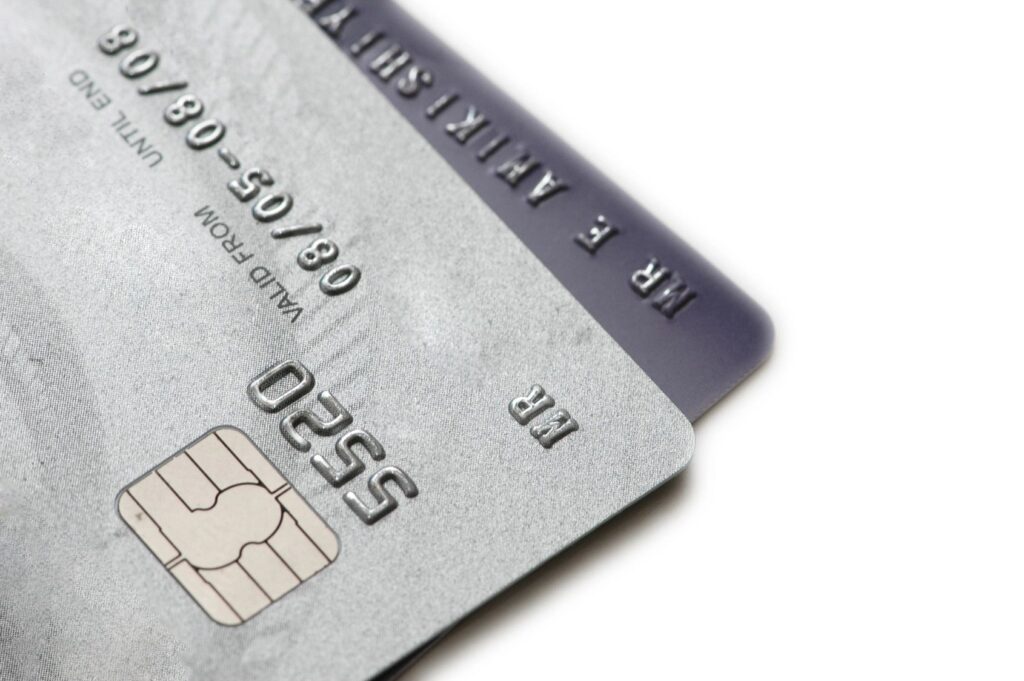Beware of Facebook Gift Card Scams
Scam not yet widespread but potential for harm is great.
— By Mark Huffman
ConsumerAffairs.com (posted April 12, 2010)
Sham offers that are purportedly from well-known retailers are cover for identity
thieves, the social-networking site says.
Facebook has begun warning its users to avoid bogus links and fan pages that
offer free gift cards because they are scams aimed at stealing user identities.
Facebook Security says it tries to remove these links and pages as quickly as it
finds them.
“Watch out for suspicious offers for free gift cards,” the site warns. “We’ve been
removing groups and Pages that promise free gift cards but instead trick people
into entering information or spamming their friends. If you come across one, report it to us immediately.”
The schemes usually work this way:
A “friend” writes on your wall telling you about the gift card offer. Usually the alleged gift cards are for well-known retailers like Best Buy or Ikea.
The user is then directed to a third-party Web site, where he or she is told to fill in
all sorts of personal information — sometimes even a debit or credit card number.
Afterward, the victim is directed to the actual site of the retailer, a move presumably to lull the victim into thinking the offer is legitimate. But the scammer already has all the information he needs to do real damage.
PC World magazine reports that a bogus $1,000 Ikea gift card offer drew more than 70,000 Facebook users to a scam page before Facebook Security discovered it and took it down.
Victims are usually alerted through spam, but also by legitimate “friends” who have been taken in by the scheme.
“When criminals gain access to a Facebook account, they usually post spammy comments on friends’ Walls or send spammy messages through Inbox or Chat,” Facebook warns on its Web site. “Don’t click on strange links in posts or messages, even if they are from friends.
“If it seems weird for an old friend to write on your Wall or send you a message, it’s
possible that the person’s account has been taken over by a spammer,” Facebook
continues. “Be particularly cautious of posts or messages that contain misspellings
or use bad grammar.”
———-
This is a legitimate scam as reported by ConsumerAffairs.com – click here to read.
